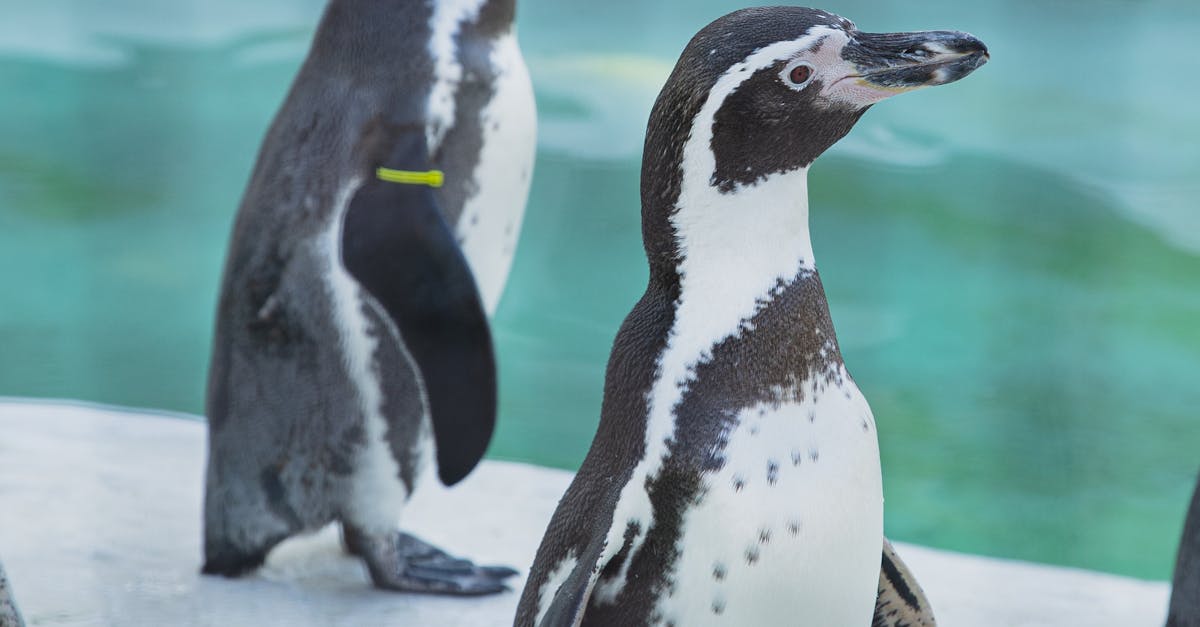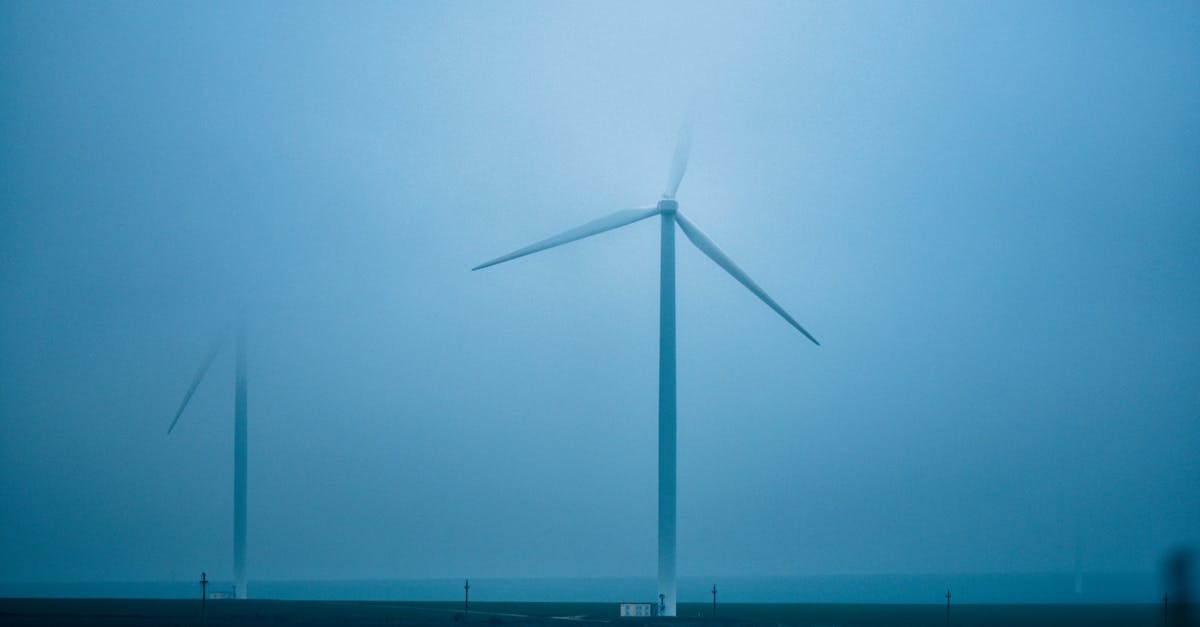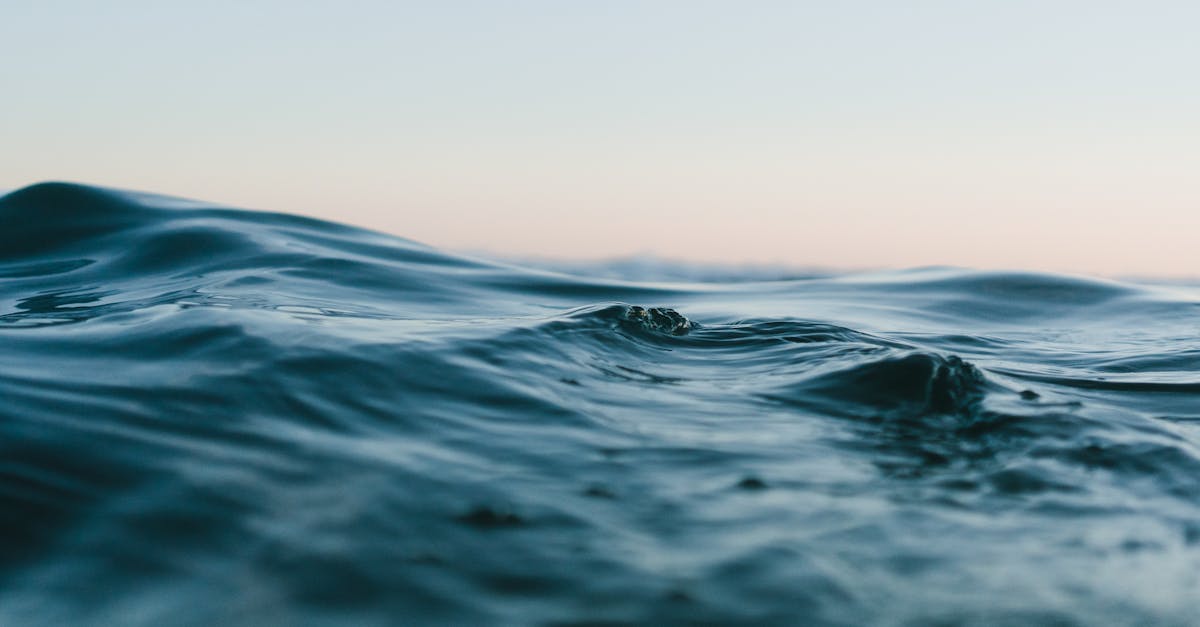Embracing Water Conservation: A Journey Towards Sustainability

Dive into Sustainability: Simple Ways to Save Water and Conserve Resources
Water, the elixir of life, is a precious resource that we often take for granted. However, with the growing population and climate change, water scarcity has become a pressing concern. Embracing water conservation is crucial not only for the environment but also for our future generations. This comprehensive guide will provide you with simple, actionable steps to reduce your water usage and contribute to a sustainable future.
Thank you for reading this post, don't forget to subscribe!
From easy lifestyle changes to innovative technologies, this article covers a wide range of water-saving practices. Discover how reducing your shower time, using low-flow appliances, and practicing sustainable gardening can make a significant difference. Explore the benefits of smart irrigation systems, rainwater harvesting, and low-flow fixtures to enhance water efficiency in your household. By implementing these simple strategies, we can collectively make a substantial impact on water conservation and ensure a water-secure future for ourselves and our planet.
Sub-title: Embracing Water Conservation: A Journey Towards Sustainability
1. Why Water Conservation Matters
Why Water Conservation Matters: Explore the importance of water conservation and its benefits for the environment, communities, and future generations.
Water is essential for all life on Earth. It sustains our ecosystems, supports our economies, and ensures our well-being. However, due to factors such as climate change, population growth, and pollution, water scarcity has become a pressing global issue. Water conservation is crucial to address this challenge and ensure a sustainable future for all.
Conserving water benefits the environment in numerous ways. It helps protect and restore aquatic ecosystems, ensures the availability of water for wildlife, and reduces the strain on water resources. By conserving water, we can also minimize water pollution, as less water is available to carry pollutants. Additionally, water conservation can help mitigate the effects of climate change by reducing energy consumption associated with water treatment and transportation.
Water conservation is not only beneficial for the environment but also for communities and future generations. It can improve public health by reducing waterborne diseases and providing access to clean water for drinking and sanitation. Water conservation can also boost economic growth by creating jobs in the water efficiency sector and reducing the costs associated with water infrastructure and energy consumption. By conserving water today, we can ensure a sustainable and prosperous future for ourselves and our children.
2. Simple Lifestyle Changes for Water Conservation

Simple Lifestyle Changes for Water Conservation: Discover easy-to-implement changes in daily routines that can collectively make a substantial difference in water usage.
Conserving water does not require drastic changes to your lifestyle. Simple adjustments to your daily routines can make a significant impact on your water consumption. Here are a few easy-to-implement lifestyle changes that can contribute to water conservation:
- Reduce your shower time. The average American shower uses about 2.5 gallons of water per minute. By reducing your shower time by just 5 minutes, you can save up to 12.5 gallons of water per shower.
- Turn off the water while brushing your teeth or shaving. Leaving the water running while you brush your teeth or shave can waste up to 4 gallons of water per minute. Simply turn off the water while you’re not using it to save water and energy.
- Fix leaky faucets and toilets. A leaky faucet can waste up to 3,000 gallons of water per year. And a leaky toilet can waste even more. Fixing these leaks is a simple and effective way to conserve water.
- Water your lawn less often. Watering your lawn too often can waste water and lead to runoff. Instead, water your lawn deeply and less frequently to encourage deep root growth and reduce water evaporation.
- Use a low-flow showerhead and faucet aerators. Low-flow showerheads and faucet aerators can reduce water flow without sacrificing performance. These devices can help you save water without even noticing a difference.
These are just a few simple lifestyle changes that can make a big impact on your water consumption. By implementing these changes, you can contribute to water conservation and protect this precious resource for future generations.
Efficient Water-Use Habits
Efficient Water-Use Habits: Learn practical tips such as reducing shower time, using low-flow appliances, and repairing leaks.
One of the most effective ways to conserve water is to adopt efficient water-use habits in your daily routine. Here are a few practical tips to help you reduce your water consumption:
- Reduce your shower time. The average American shower uses about 2.5 gallons of water per minute. By reducing your shower time by just 5 minutes, you can save up to 12.5 gallons of water per shower.
- Turn off the water while brushing your teeth or shaving. Leaving the water running while you brush your teeth or shave can waste up to 4 gallons of water per minute. Simply turn off the water while you’re not using it to save water and energy.
- Fix leaky faucets and toilets. A leaky faucet can waste up to 3,000 gallons of water per year. And a leaky toilet can waste even more. Fixing these leaks is a simple and effective way to conserve water.
- Use a low-flow showerhead and faucet aerators. Low-flow showerheads and faucet aerators can reduce water flow without sacrificing performance. These devices can help you save water without even noticing a difference.
- Water your lawn less often. Watering your lawn too often can waste water and lead to runoff. Instead, water your lawn deeply and less frequently to encourage deep root growth and reduce water evaporation.
Adopting these efficient water-use habits can make a significant impact on your water consumption. By implementing these simple changes, you can contribute to water conservation and protect this precious resource for future generations.
Sustainable Gardening Practices
Sustainable Gardening Practices: Explore methods for water-wise gardening, including native plant selection, mulching, and rainwater harvesting.
Gardening can be a water-intensive activity, but there are many ways to make your garden more sustainable and reduce your water consumption. Here are a few sustainable gardening practices to help you conserve water:
- Choose native plants. Native plants are adapted to the local climate and soil conditions, so they require less water than non-native plants. When choosing plants for your garden, opt for species that are native to your area.
- Use mulch. Mulch helps to retain moisture in the soil, reduce evaporation, and suppress weeds. Spread a layer of mulch around your plants, but keep it a few inches away from the stems to prevent rot.
- Water deeply and less frequently. Watering your plants deeply and less frequently encourages deep root growth, which helps plants to withstand drought conditions. Water your plants at the base, avoiding the leaves, and water during the cooler parts of the day to minimize evaporation.
- Harvest rainwater. Rainwater harvesting is a great way to collect and use rainwater for irrigation. You can install a rain barrel or cistern to collect rainwater from your roof.
By adopting these sustainable gardening practices, you can reduce your water consumption and create a beautiful, water-wise garden.
Conserving Water in the Home
Conserving Water in the Home: Discover efficient water usage techniques within the household, including kitchen and bathroom practices.
The kitchen and bathroom are two areas of the home where water consumption can be significant. Here are a few efficient water usage techniques to help you conserve water in these spaces:
Kitchen:
- Use a low-flow faucet aerator. A low-flow faucet aerator can reduce the flow of water from your kitchen faucet without sacrificing performance. This simple device can save you up to 50% on your water usage.
- Wash dishes in a full sink. Instead of washing dishes under a running faucet, fill the sink with water and wash dishes in the standing water. You can save up to 20 gallons of water per load by washing dishes this way.
- Use a dishwasher. Dishwashers use less water than handwashing dishes, especially if you have a newer model with a water-saving cycle. Be sure to only run the dishwasher when it is full.
- Defrost food in the refrigerator. When you defrost food in the microwave, it uses energy and evaporates water. Instead, defrost food in the refrigerator overnight to save water and energy.
Bathroom:
- Install a low-flow showerhead. A low-flow showerhead can reduce the flow of water from your shower without sacrificing performance. This simple device can save you up to 50% on your water usage.
- Take shorter showers. The average American shower uses about 2.5 gallons of water per minute. By reducing your shower time by just 5 minutes, you can save up to 12.5 gallons of water per shower.
- Turn off the water while brushing your teeth or shaving. Leaving the water running while you brush your teeth or shave can waste up to 4 gallons of water per minute. Simply turn off the water while you’re not using it to save water and energy.
3. Effective Water Conservation Technologies
Effective Water Conservation Technologies: Explore technological advancements that assist in water conservation and efficient water management.
Technological advancements have led to the development of innovative water conservation technologies that can help you reduce your water consumption and manage water resources more efficiently. Here are a few effective water conservation technologies to consider:
- Low-flow fixtures and appliances. Low-flow fixtures and appliances, such as low-flow showerheads, faucets, and toilets, use less water without sacrificing performance. These devices can help you reduce your water consumption by up to 50%.
- Smart irrigation systems. Smart irrigation systems use sensors to monitor soil moisture and weather conditions to adjust watering schedules accordingly. This helps to ensure that your lawn and garden are watered efficiently, without wasting water.
- Rainwater harvesting systems. Rainwater harvesting systems collect and store rainwater for non-potable uses, such as watering your lawn or washing your car. These systems can help you reduce your reliance on municipal water supplies and save money on your water bills.
Low-Flow Fixtures and Appliances
Low-Flow Fixtures and Appliances: Learn about the benefits of installing water-saving appliances and devices.
Low-flow fixtures and appliances are designed to use less water without sacrificing performance. Installing these devices in your home can help you reduce your water consumption and save money on your water bills. Here are a few benefits of installing low-flow fixtures and appliances:
- Reduced water consumption. Low-flow fixtures and appliances can reduce your water consumption by up to 50%. This can help you save money on your water bills and conserve water resources.
- Lower energy costs. Water heating accounts for a significant portion of home energy costs. By reducing your water consumption, you can also reduce your energy costs.
- Environmental benefits. Conserving water helps to protect the environment. It reduces the strain on water resources and helps to protect aquatic ecosystems.
Smart Irrigation Systems
Smart Irrigation Systems: Discover automated irrigation systems that optimize water usage based on weather conditions and plant needs.
Smart irrigation systems are automated irrigation systems that use sensors to monitor soil moisture and weather conditions to adjust watering schedules accordingly. This helps to ensure that your lawn and garden are watered efficiently, without wasting water. Here are a few benefits of using smart irrigation systems:
- Reduced water consumption. Smart irrigation systems can reduce your water consumption by up to 50%. This can help you save money on your water bills and conserve water resources.
- Improved plant health. Smart irrigation systems help to ensure that your plants are watered according to their specific needs. This can lead to healthier plants and a more beautiful lawn and garden.
- Convenience. Smart irrigation systems are automated, so you can set them and forget them. This can save you time and hassle.
Rainwater Harvesting Systems
Rainwater Harvesting Systems: Explore the use of rainwater collection and storage systems for non-potable water usage.
Rainwater harvesting systems collect and store rainwater for non-potable uses, such as watering your lawn or washing your car. These systems can help you reduce your reliance on municipal water supplies and save money on your water bills. Here are a few benefits of using rainwater harvesting systems:
- Reduced water consumption. Rainwater harvesting systems can help you reduce your water consumption by up to 50%. This can help you save money on your water bills and conserve water resources.
- Environmental benefits. Rainwater harvesting helps to reduce the strain on municipal water supplies and can help to prevent runoff and flooding.
- Cost savings. Rainwater harvesting systems can help you save money on your water bills by reducing your reliance on municipal water supplies.
4. Benefits of Conserving Water

Benefits of Conserving Water: Uncover the positive impacts of water conservation on the environment, the economy, and local communities.
Conserving water benefits the environment, the economy, and local communities in numerous ways. Here are a few of the positive impacts of water conservation:
Environmental benefits:
- Protects aquatic ecosystems. Conserving water helps to protect aquatic ecosystems by reducing pollution and maintaining water flows.
- Reduces greenhouse gas emissions. Water conservation can help to reduce greenhouse gas emissions by reducing the energy needed to pump and treat water.
- Mitigates climate change. Water conservation can help to mitigate climate change by reducing the strain on water resources and helping to prevent droughts.
Economic benefits:
- Saves money. Conserving water can save you money on your water bills.
- Creates jobs. The water conservation industry creates jobs in a variety of fields, including engineering, construction, and education.
- Boosts economic growth. Water conservation can boost economic growth by making water resources more available for businesses and industries.
Benefits for local communities:
- Improves public health. Conserving water can help to improve public health by reducing waterborne diseases and providing access to clean water for drinking and sanitation.
- Enhances quality of life. Conserving water can enhance quality of life by making water resources more available for recreation and other activities.
- Fosters a sense of community. Conserving water can foster a sense of community by bringing people together to work towards a common goal.
5. Challenges and Opportunities in Water Conservation
Challenges and Opportunities in Water Conservation: Examine the challenges and opportunities in promoting water conservation on a wider scale.
While water conservation offers numerous benefits, there are also challenges and opportunities associated with promoting it on a wider scale. Here are a few key challenges and opportunities to consider:
Challenges:
- Lack of awareness. Many people are not aware of the importance of water conservation and the benefits it can provide. Raising awareness about water conservation is crucial for encouraging people to change their water-use habits.
- Behavioral change. Changing people’s water-use habits can be challenging, as it requires them to adopt new behaviors and routines. Overcoming this challenge requires effective education and outreach programs that motivate people to conserve water.
- Cost of water conservation measures. Implementing water conservation measures can sometimes be costly, which can be a barrier for some individuals and communities. Addressing this challenge requires financial incentives and assistance programs to make water conservation more accessible.
Opportunities:
- Technological advancements. Technological advancements, such as smart irrigation systems and low-flow appliances, can make water conservation easier and more affordable. Promoting the adoption of these technologies can significantly contribute to water conservation efforts.
- Policy and regulation. Government policies and regulations can play a significant role in promoting water conservation. Implementing water conservation standards, pricing mechanisms, and water-use restrictions can encourage water conservation and ensure the sustainable use of water resources.
- Education and outreach. Education and outreach programs are essential for raising awareness about water conservation and motivating people to change their water-use habits. These programs can be implemented through schools, community organizations, and public awareness campaigns.
6. Conclusion: Embracing Sustainability for a Water-Secure Future
Conclusion: Embracing Sustainability for a Water-Secure Future: Emphasize the importance of collective action and sustainable practices for ensuring a water-secure future and a healthier planet.
Conserving water is not just about reducing our water usage; it is about embracing a more sustainable way of life. By implementing simple changes in our daily routines, adopting efficient water-use technologies, and supporting policies that promote water conservation, we can make a significant contribution to ensuring a water-secure future for ourselves and future generations.
Collective action is key to achieving water sustainability. Water conservation is not the sole responsibility of individuals; it requires collaboration among governments, businesses, and communities. By working together, we can implement comprehensive water conservation strategies, invest in sustainable water infrastructure, and promote water-wise practices on a larger scale.
Embracing sustainable practices is essential for safeguarding our water resources. Water conservation is one aspect of sustainability, but it also encompasses other practices such as reducing our carbon footprint, protecting biodiversity, and promoting renewable energy. By adopting a holistic approach to sustainability, we can create a healthier planet and ensure a water-secure future for all.
What are the most effective ways to conserve water in my daily life?
Some of the most effective ways to conserve water in your daily life include reducing your shower time, fixing leaky faucets and toilets, watering your lawn less often, and using a low-flow showerhead and faucet aerators.
What are the benefits of using rainwater harvesting systems?
Rainwater harvesting systems can help you reduce your reliance on municipal water supplies, save money on your water bills, and reduce the strain on water resources.
What are the challenges to promoting water conservation on a wider scale?
Some of the challenges to promoting water conservation on a wider scale include lack of awareness, behavioral change, and the cost of water conservation measures.
What can I do to support water conservation efforts in my community?
You can support water conservation efforts in your community by participating in water conservation programs, volunteering for organizations that work to protect water resources, and educating your friends and family about the importance of water conservation.




